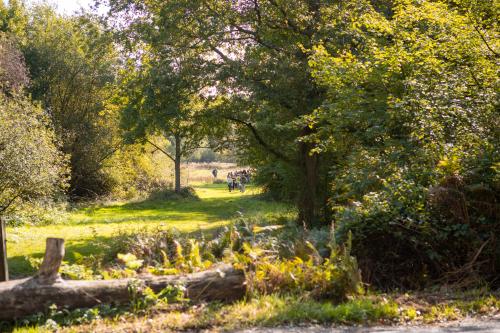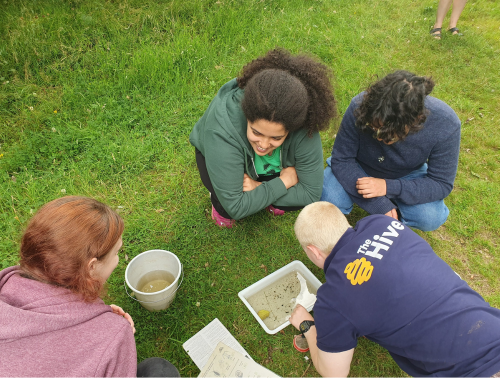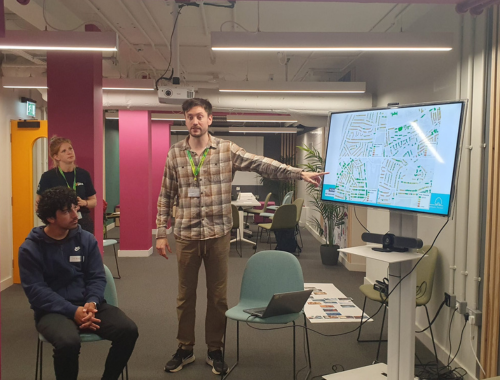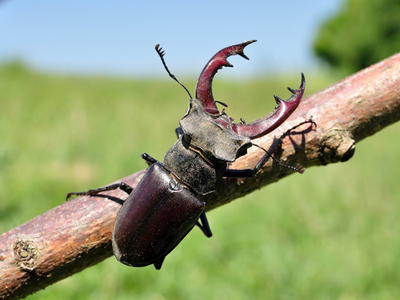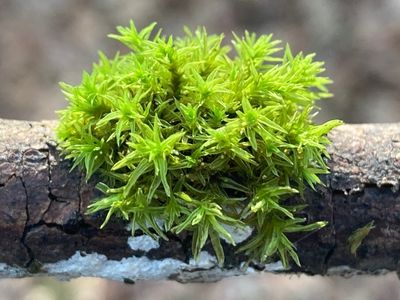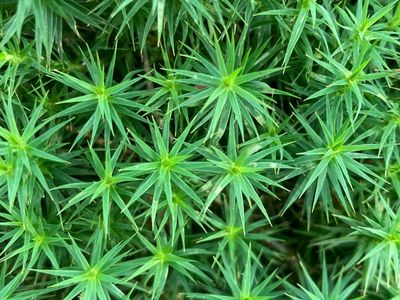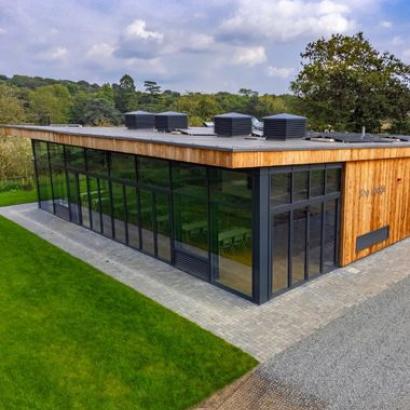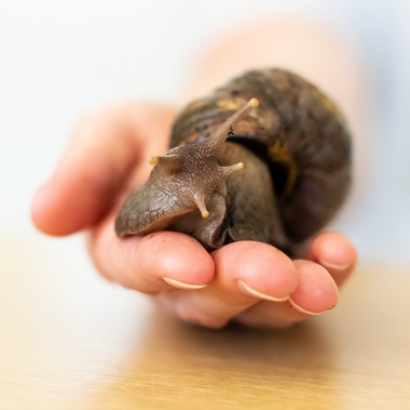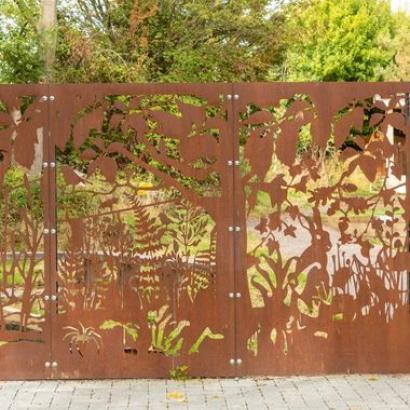Big Climate Conversation 2023
The Hive has been running the Big Climate Conversation throughout November, with students from Year 1 to Year 13 at schools and colleges across Waltham Forest. It was hugely uplifting to meet the Eco Ambassadors from 20 different schools, and we extend a big ‘thank you!’ to the schools and colleges that hosted us.
During the conversation, students learnt about rain gardens and other SuDS (sustainable drainage solutions), which you can find popping up around the borough and beyond. These are important for slowing down the flow of heavy rain into the drainage network to reduce flooding, and have the added benefit of creating pockets of natural habitat, increasing biodiversity. We also discussed climate action and the different ways in which we as individuals, and communities, can actively choose to respond to the climate emergency. Whether it’s commuting via bicycle, or implementing larger changes to consumerism, students engaged in inspiring conversations which empowered others to bring those ideas to their school.
Do you feel able to take climate action in your school or workplace? What could you do to inspire others to take action?
After considering the activities that take place outside, and the priorities of the whole school community, the majority of students concluded that there were at least some opportunities to create more space for nature. More trees and plants around football pitches seemed the popular suggestion for the best of both worlds.
Considering your school or workplace, do you feel that more space for nature is needed?
They then tackled the difficult question of whether the United Kingdom should provide:
a) money,
b) expert help to countries more affected by the impacts of the climate crisis, or
c) whether the UK should cut carbon emissions more quickly.
The next step for students is to survey the types of surfaces across their school grounds and make recommendations of opportunities for ‘less flooding and more wilding’. We look forward to the maps and ideas being submitted.

Students from Riverley Primary's Eco Commitee

"I want to learn about how to help people around the world" Climate justice was a topic lots of students were keen to learn more about

Students voting on one of the survey questions posed in the Big Climate Conversation this year

